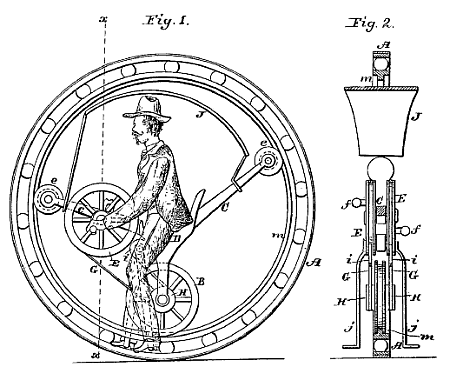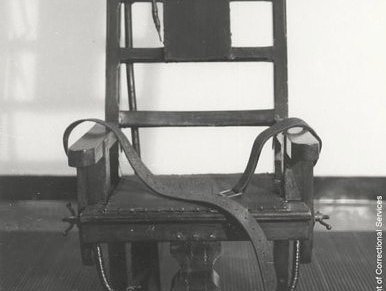In 1955, attendants at a naval hospital in Balboa, Calif., discovered a patient named Tonsillitis Jackson. When they asked about this, he explained that his mother had had tonsillitis when he was born.
Evidently his parents had liked the effect, because they had named his brother Meningitis and his sisters Appendicitis, Laryngitis, Peritonitis, and Jakeitis.
Elsdon Smith writes, “The last one must have signified the end of their medical knowledge.”
UPDATE: Even Jakeitis is a medical term, of sorts. In the 1920s, a ginger extract known as jake was valued for its high alcohol content. When a curious paralyzing ailment began to afflict poor alcoholics in the central South, the FDA traced the cause to two Boston bootleggers who had been adding tri-orthocresal phosphate, an industrial plasticizer, to bootleg jake. “Jakeitis,” also known as jake leg, may have afflicted as many as 100,000 people, but they tended to get moral opprobrium rather than sympathy. (Thanks, Krysta.)





